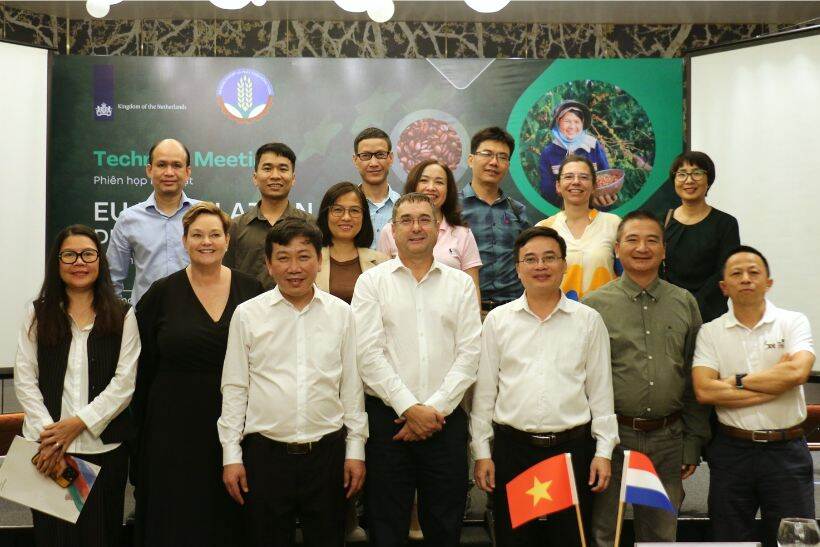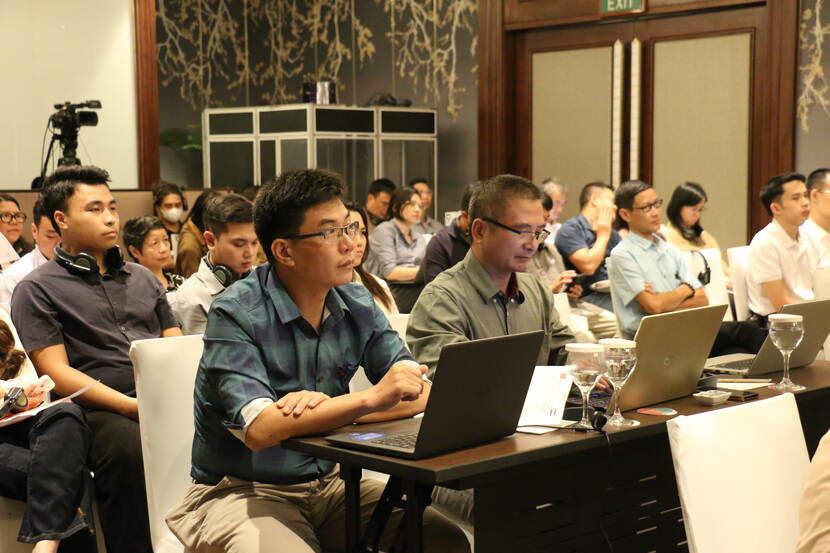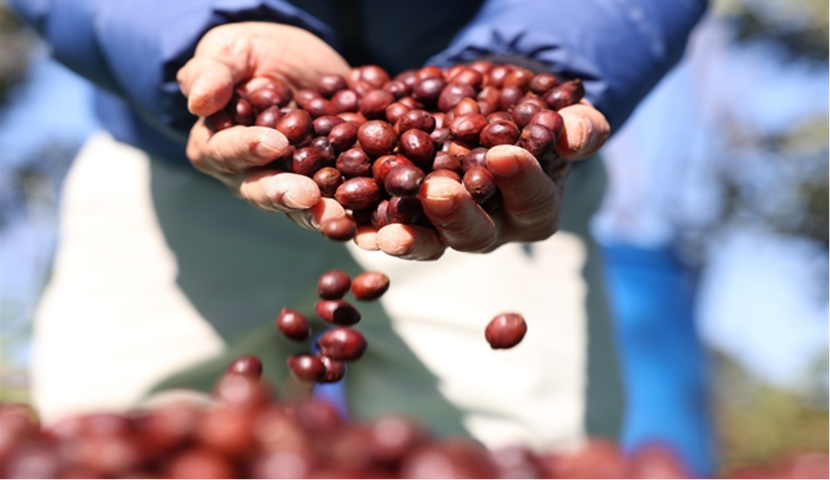Vietnam and the Netherlands cooperation in final stretch for EUDR
Experts believe that compliance with the European Union Deforestation Regulation (EUDR) will not only elevate export standards for Vietnamese products, but will also provide an opportunity to transform Vietnam's agriculture by making it more sustainable and transparent, while aligning with the country’s international commitments to green growth. This topic was the center of discussion at a technical meeting on EUDR held jointly by the Vietnamese Ministry of Agriculture and Rural Development (MARD) and the Netherlands Embassy in Vietnam on October 2, 2024.

Implementation of the EUDR
The EUDR aims to minimize global deforestation and forest degradation by mandating due diligence from traders exporting from or importing to the EU market. This means they have to prove that their commodities were not produced on deforested land after December 31, 2020. Under the requirements, products' data and documents such as quantity, country of production and geolocation coordinates must be provided, alongside risk assessments and mitigation plans in cases where product compliance with the rules is not guaranteed.
“The idea is that the [submitted] statement is the conclusion of the due diligence process,” said Meriam Wortel, EU-DR Implementation Lead at the Netherlands Food and Consumer Product Safety Authority, as she addressed the event.”
This due diligence is done by the importing company and should flag whatever risks there are in the supply chain, which should be resolved before uploading statements to the EUDR documentation system, she explained. “The focus of our inspection is on the due diligence system. We want companies to have a robust system, so they know what the risks in their supply chain are and that they have mitigated those risks,” said Wortel.
The EUDR first planned to come into force for medium and large EU traders on December 30, 2024 , and for small and micro enterprises on June 30, 2025. The latest update is that the application of the EUDR has been extended by a year , which means 30 December 2025 for medium and large traders and 30 June 2026 for small and micro enterprises. Sample checks of imports will be conducted to verify conformity between submitted due diligence statements and customs declarations, with the sample size depending on the producing country’s risk benchmarking (1 per cent, 3 per cent and 9 per cent for low, medium and high risks, respectively).
Shared commitments
Vietnam’s key exports of coffee, rubber and wood products are subject to the EUDR. The Southeast Asian country is the world’s second-largest coffee producer, and the largest in terms of Robusta coffee production. The Netherlands serves as a primary gateway for Vietnamese coffee into Europe. Vietnam and the Netherlands have also been strategic partners in sustainable agriculture for the past decade.

In his address to the meeting, Jurian Muller from the Netherlands' Ministry of Agriculture, Fisheries, Food Security and Nature stressed the alignment of EUDR with the ministry’s international strategy. The Netherlands is focusing on the transition towards a sustainable food system, in which the Paris and Montreal agreements on climate change and biodiversity play an important role, he explained. “I am glad that since the publication of the EUDR, Vietnam has worked very hard to meet the new requirements set out by the EU,” said Muller. “Vietnam has taken a leading role in bringing together different stakeholders and actively engaging with them to address the underlying issues.”
Rui Ludovino, First Counsellor of the EU Delegation to Vietnam, said: “We have been working quite intensively with our Vietnamese partners to facilitate communication and dialogue around the EUDR.

“From the government, at the central and local level, and also all Vietnamese stakeholders, including business associations for commodities, the work has been very much welcoming and positive in relation to the implementation of the EUDR.” Following the EUDR’s entry into force in June 2023, the Vietnamese MARD’s Crop Production Department has been working with the Dutch social enterprise IDH on establishing a local cultivation area database. While the online platform for EUDR documentation is only open to submissions from EU companies, experts believe that a national system with comprehensive information on local producers and data is very beneficial for trade partners in ensuring compliance. A pilot program was also carried out in select districts in Vietnam, while regular workshops, meetings and communication channels have been established between relevant stakeholders.
The Ministry of Agriculture and Rural Development (MARD) is set to issue temporary guidelines for EUDR implementation this month, followed by specific action plans for nationwide implementation by January 2026.
Going beyond EUDR, a joint effort to support vulnerable groups and smallholder farmers to enable deforestation-free value chains is also underway in Vietnam. This is part of the Team Europe Initiative led by the European Commission, the Netherlands, France and Germany, which will be implemented in Vietnam by the EU delegation and German development agency GIZ. The Netherlands has contributed 20 million of the initial 70 million euros of implementation funding globally.
Path forward
Industry experts and officials at the event also discussed measures taken for EUDR compliance and the necessary tasks to be done before the regulation’s effective date, as well as addressing the concerns of business representatives.

EUDR implementation is a prominent issue for not only businesses and producers but also consumers, as high compliance costs will affect commodity prices, according to Nguyễn Đỗ Anh Tuấn, director general of the MARD’s International Cooperation Department. “We have to work to keep prices at an acceptable level while ensuring revenue, and to give consumers peace of mind when they use Vietnamese coffee products,” he added. In the immediate future, MARD expects to continue its close coordination with the EU delegation at the Netherlands' embassy in Vietnam to perfect EUDR implementation procedures, notably through their established communication mechanisms and the upcoming temporary guidelines.
“EUDR implementation extends beyond environment issues – it also addresses fairness and transparency in agricultural production,” said Tuấn.
Following the issuance of the temporary EUDR guidelines in October, MARD plans to hold trainings and working sessions with localities, agricultural businesses and farmers’ associations with the support of experts from the EU and the Netherlands.
Useful links
To see presentations of experts in the meeting and some useful links, please access this link on Google Drive.
Do you have any questions for the agriculture department? Please send an email to HAN-LVVN@minbuza.nl. For the latest updates, news funding opportunities and more, follow us on X @AgroVietnam and LinkedIn Netherlands Agricultural Network in Vietnam.